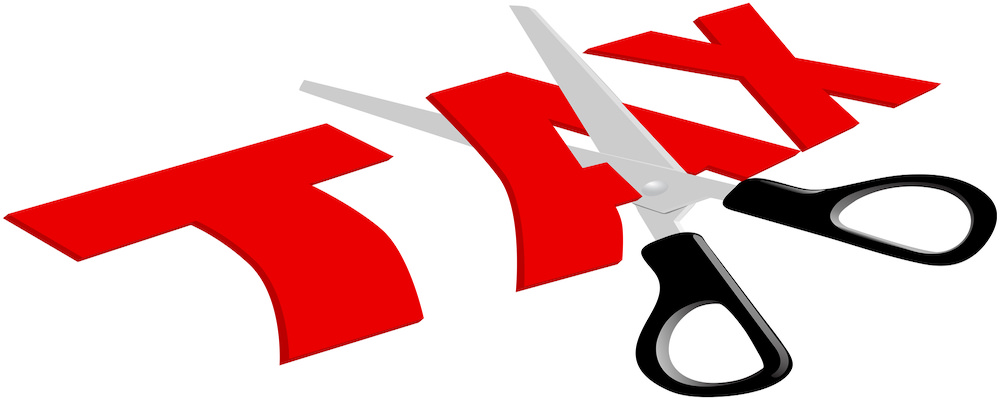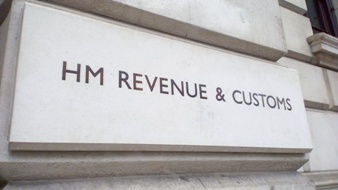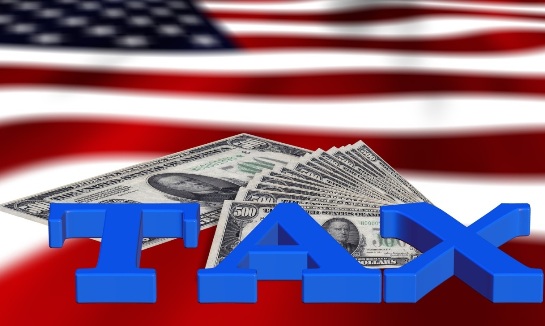The Chinese government carried out a large-scale tax cut in 2019.
In January 2019, the Ministry of Finance issued a notice to implement the policy of inclusive tax relief for small and micro enterprises, and implemented an inclusive tax reduction and exemption policy for small and micro enterprises. For small-scale taxpayers with a monthly sales of less than 100,000 yuan (including this number), they are exempt from VAT. For the small amount of small-profit enterprises, the annual taxable income of not more than 1 million yuan, minus 75% of the taxable income, shall be subject to corporate income tax at a rate of 20%; the annual taxable income of more than 1 million yuan but below 3 milion yuan, minus 50% of the taxable income, shall be subject to corporate income tax at a rate of 20%. According to a budget report issued at the opening of the country’s annual meeting of parliament on March 5, China will cut taxes and fees for all companies by nearly 2 trillion yuan ($298.31 billion) in 2019, and introduce both general-benefit and structural tax cuts, focusing primarily on reducing tax burdens in manufacturing and on small and micro businesses.
The specific policies are as follows:
- China will reduce the current rate of 16 percent in manufacturing and other industries to 13 percent;
- Lower the rate in the transportation, construction, and other industries from 10 to 9 percent, thus ensuring that tax burdens in our main industries are meaningfully reduced;
- Keep the lowest bracket rate unchanged at 6 percent, while adopting supporting measures, like increased tax deductions for producer and consumer services, to see that in all industries tax burdens only go down, not up; and continue making progress toward cutting the number of VAT brackets from three to two and simplifying the VAT system.
- Ensure that the general-benefit tax cut policies issued at the start of the year for small and micro businesses are put into effect.
- Lower the share borne by employers for urban workers’ basic aged-care insurance, and localities may cut contributions down to 16 percent. The social insurance premium collection methods currently in operation will be kept unchanged. No locality should take any measure that increases the burden on small and micro enterprises when reforming their collection systems, or require, on their own, that longstanding arrears be paid off in a lump sum.
- Purchasing taxes for new energy vehicles will continue to be exempted.
For further information, please feel free to contact our Shanghai office via email shanghai@zetland.biz / +86 21 64272930, or Beijing office via email beijing@zetland.biz / +86 10 65670676 ext.22.


















